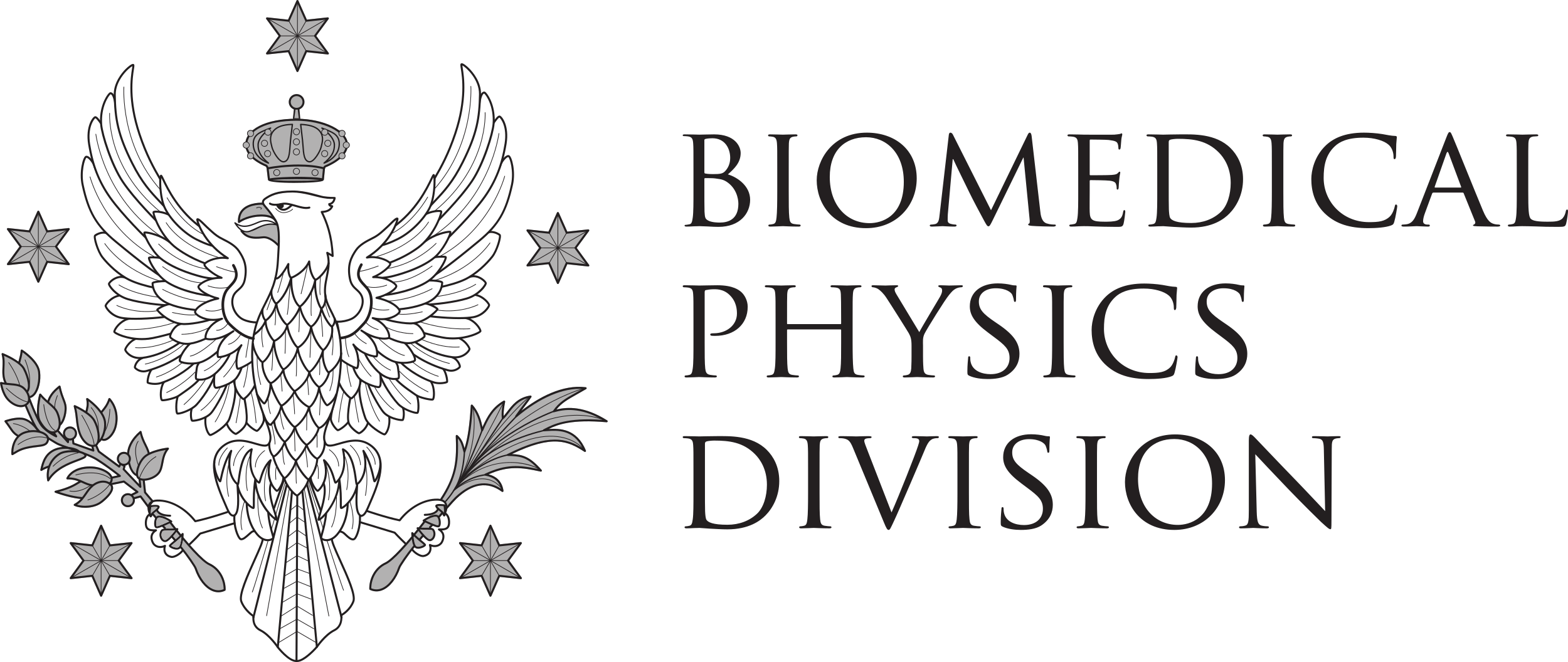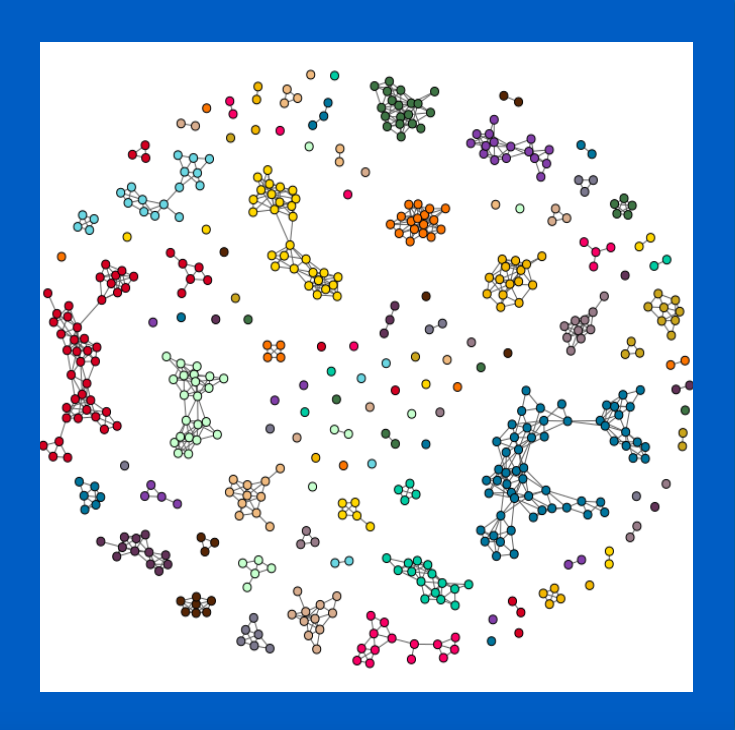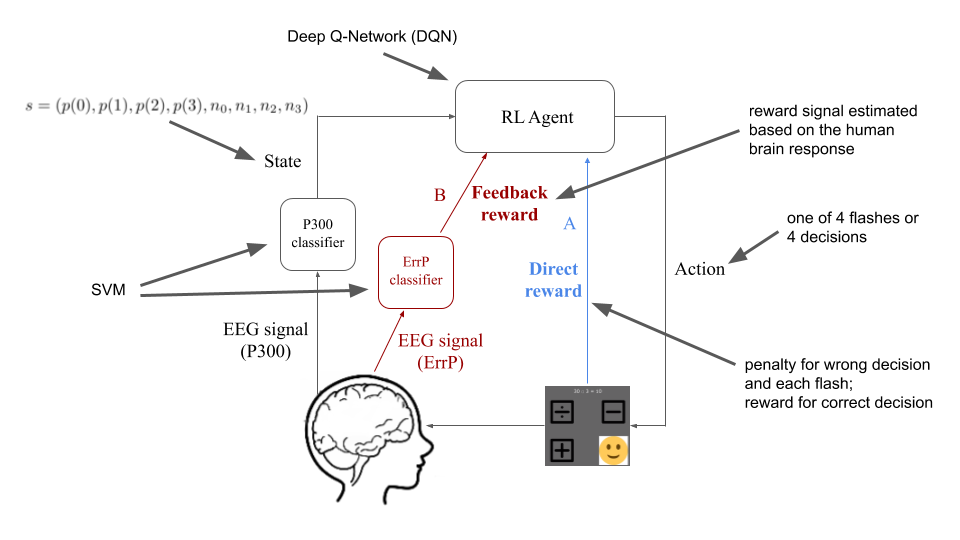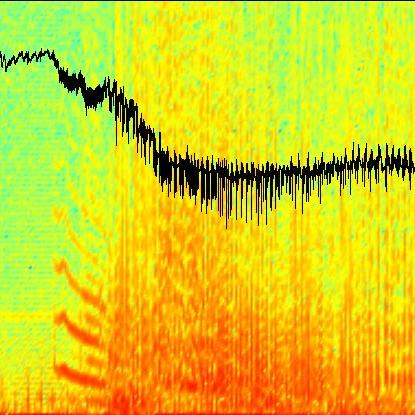Project description
The dual mind theory is well established. It states that we can distinguish dual mind mechanisms i.e.: heuristic and systematic. What is more one of the mechanisms dominates the cognition at a given time. We formulated a parallel theory of dual emotions origin: automatic vs. reflective [1]. The correspondence between the theories is such that: automatic emotions contribute to activation of heuristic mind processes, whereas reflective emotions contribute to activation of reflective mind processes. Arousal is recognized as activational mechanism of automatic emotions and reactions. The activation of reflective emotions is not well established. We propose that it is the subjective significance.The key objective of this project is to understand the influence of activational charge associated with neutral and emotional stimuli on effectiveness of cognitive control. The theoretical basis for this project is a recently proposed dual-mind model of emotion-cognition interactions.
During the project the role of both activation mechanisms is being tested in factorial designs for neutral and valenced stimuli of automatic vs. reflective origins. The impact of activation is measured in well known paradigms allowing to create situations requiring cognitive control to perform the task. The neural basis of both activation mechanisms are investigated with use of EEG recordings for performance in cognitive control tasks
[1] Imbir, K. (2016a). From heart to mind and back again. A duality of emotion overview on emotion-cognition interactions. New Ideas in Psychology, 43, 39-49
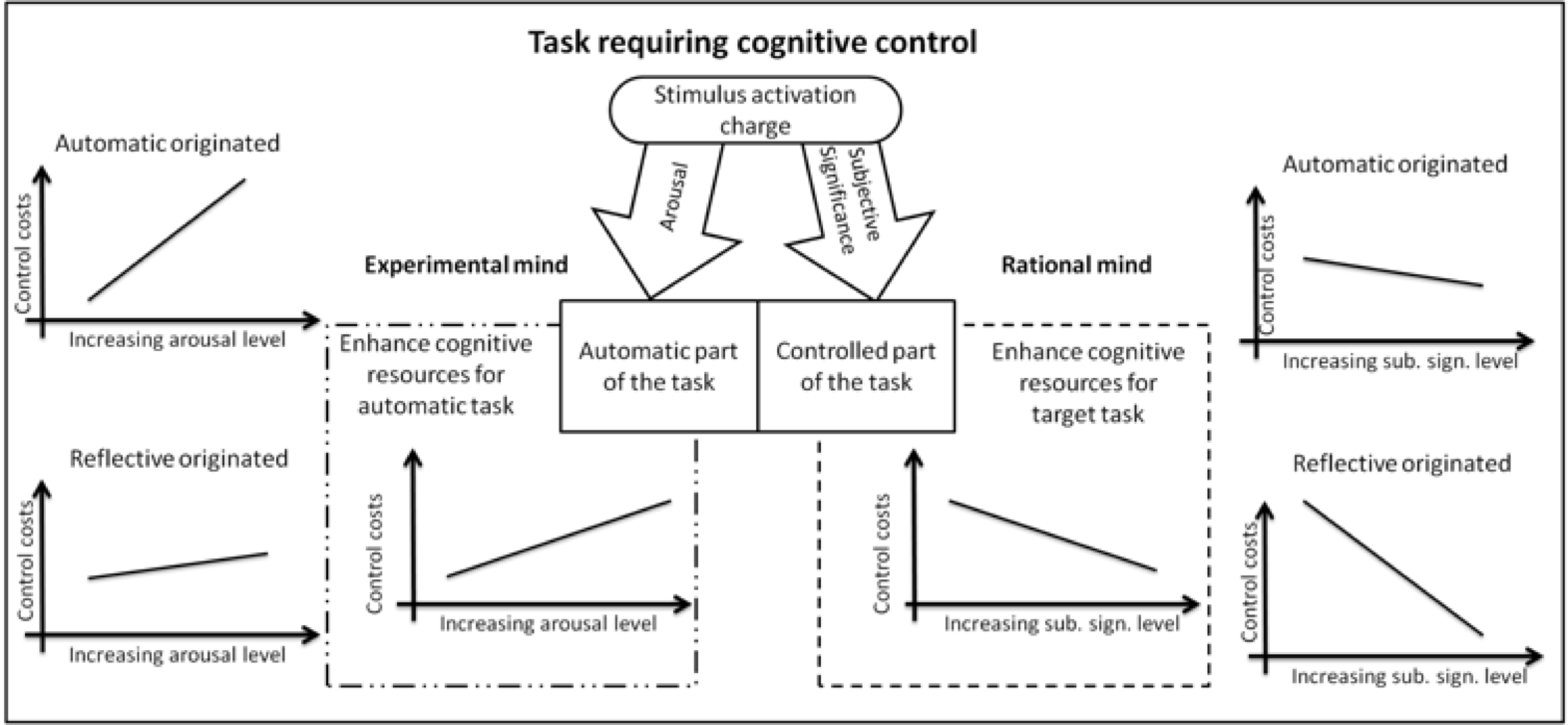
OUR TEAM
- Kamil Imbir (Faculty of Psychology, University of Warsaw Warsaw, Poland)
- Jarosław Żygierewicz
- Gabriela Jurkiewicz (Bernatowicz)
- Joanna Duda-Goławska
- Tomasz Spustek
